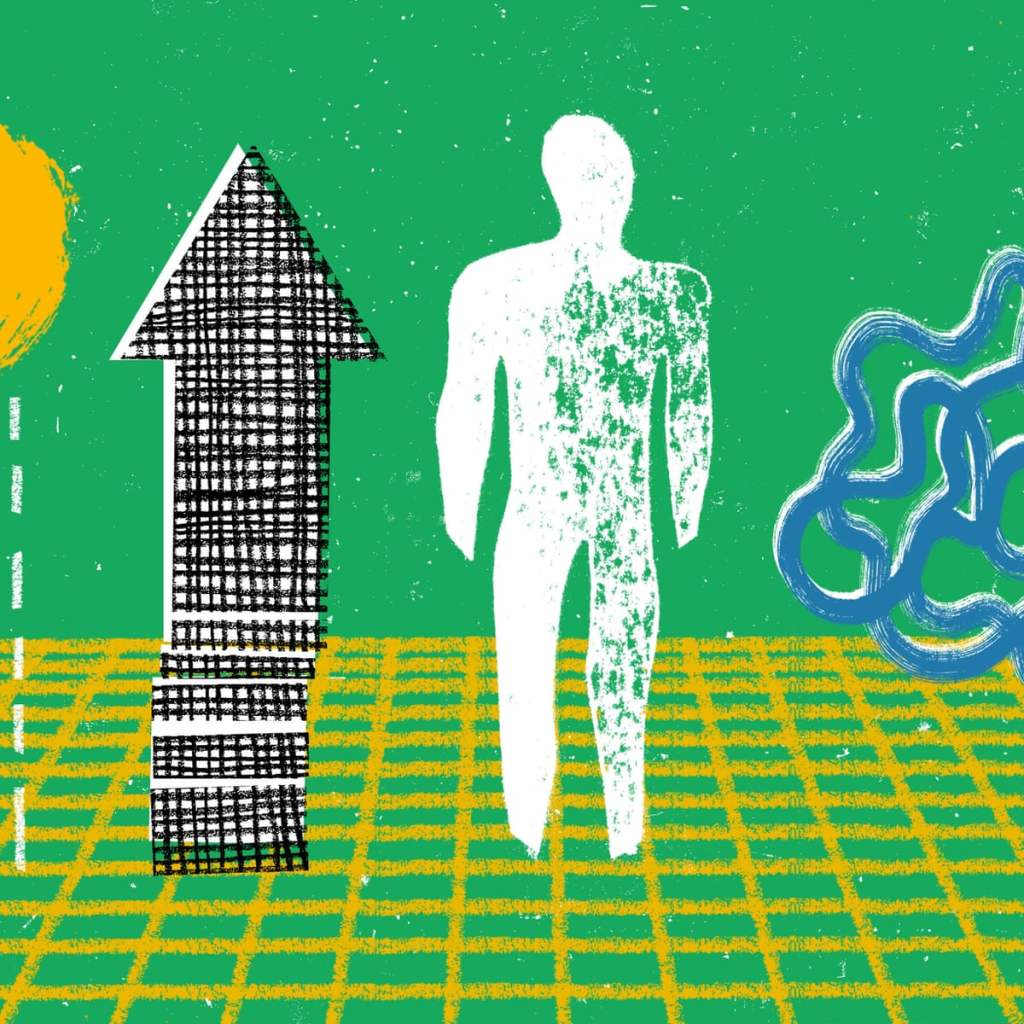It is not the man who has too little, but the man who craves more, that is poor
Seneca

Many of us buy into the idea that the richer we become and the more things we can get, the happier we will be. Yet, everytime we finally get a hold of that one thing which we were certain would change our life, once it is no longer new, it falls down in our estimation to become just like all our other possessions. What seemed so enticing to us, what we were certain we could not live without, loses its pull the moment it comes into our hands. For a while we may cherish it but there will inevitably come a time when it no longer attracts us, and another thing we don’t have will catch our eye. This cycle repeats incessantly so that each time we gratify our desire, soon another will take its place. Until we can escape the need for more we will never be satisfied, because what we own will never be enough.
In the west, in our consumerist culture, this chronic dissatisfaction usually lasts a lifetime. Few even recognise the trick they play on themselves, and those that do rarely overcome their own addiction to buying what they have no need of. The fact is that it feels good when they get themselves what they covet, it is only much later that what they had their eye on becomes just another thing they possess, at which point they will seek yet another object to lust after. In this way, most of us continue to purchase the things we assume will make us happy, and never learn to be satisfied with what is ours now. In our society it seems that being grateful is a sin, for each day we are reminded by the media that the thing we don’t have is the very thing we need. These messages convince us that our happiness is to be found in material things, especially the ones that we don’t own, so that we feel compelled to go after them in order to fill our lack.
Nevertheless, it does not matter what we get, however valuable it might be. If we rely on getting more things to feel happy sustaining this feeling will mean there will always be one more thing that we need to get. As much as we try to convince ourselves that it will be the last time we spend carelessly, that it is the only thing we need, this habit of buying will continue because there will never come a point at which we will be satisfied. That was denied us the moment we failed to be satisfied with what we have now, because until we learn to be, there will always be one more thing that we ‘need’ and the project will go on to infinity.
How many times do you recall being truly satisfied with what you have, not wanting more? Until we no longer need more to feel better about ourselves and our lives, there can never be happiness without constant spending. Only by being content with our lot, whatever it may be, can we begin to be rich in possessions. Indeed, it can be argued that wealth is a relative notion, that depends on how satisfied a person is with what they own. That is, the rich man would be the one who is satisfied with his possessions, who feels he has more than enough to be happy. Having a great deal of money and assets relative to our needs would then be enough to be wealthy. The poor man would be the one who is dissatisfied with his lot, who feels he needs more to be happy. Generally, someone is poor if they do not have enough to live comfortably in society. But this depends on their own view of their situation such that even if they have little, but can live on it and remain satisfied, they are happier with their situation than some ‘rich’ people that feel they need a bigger house to find happiness. Of course, this means that to be rich is to be satisfied with what you have, while to be poor is to crave more such that whatever our physical wealth might be, until we overcome the need for more we remain beggars.